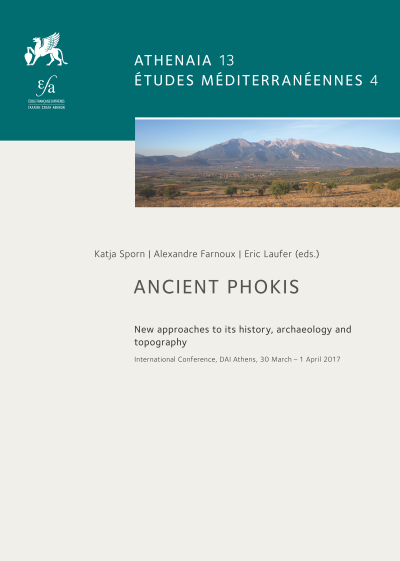Surveying the caves above Tithorea in 2016
https://doi.org/10.34780/0gcf-b7ce
Autoría y colaboradores/as
- Katja Sporn [Coordinador de obra] https://orcid.org/0000-0002-1845-5113 Deutsches Archäologisches Institut
- Eric Laufer [Coordinador de obra] https://orcid.org/0000-0002-8758-6854
- Stella Katsarou [Autor/a]
- Lina Kormazopoulou [Autor/a]
- Sabine Neumann [Autor/a]
- Ioanna Zygouri [Autor/a]
Sinopsis
Abstract In 2016, sixteen caves and rock shelters were investigated by the Ephorate of Palaeoanthropology-Speleology and the German Archaeological Institute Athens in the area above the ancient city of Tithorea, on the northeast side of Mt. Parnassos. The sites are of varying size and morphology and form part of a natural setting with a commanding view over the alluvial plain of Kephissos. The project provided a detailed record of the investigated cave interiors and the range of the preserved features and materials and revealed evidence of diachronic human activities from the Neolithic, the Greek and Roman Antiquitity, and the medieval era through to the present, even though the sites were severely affected by erosional processes. The Neolithic ceramic remains included a fragment from a scoop vessel decorated with incised-dotted motifs. The evidence from the Greek and Roman periods revealed a remarkable assemblage of rock-cut features and carvings, including a rare depiction of the god Pan carved onto the natural shelter located near the uppermost tower of the city walls of ancient Tithorea. Two caves that were converted into chapels during the post-medieval/early
modern period and the widespread presence of Christian symbols at most sites reflect the continuing religious significance of the caves until our times.
Keywords Tithorea, cave, cult, Pan, Neolithic




